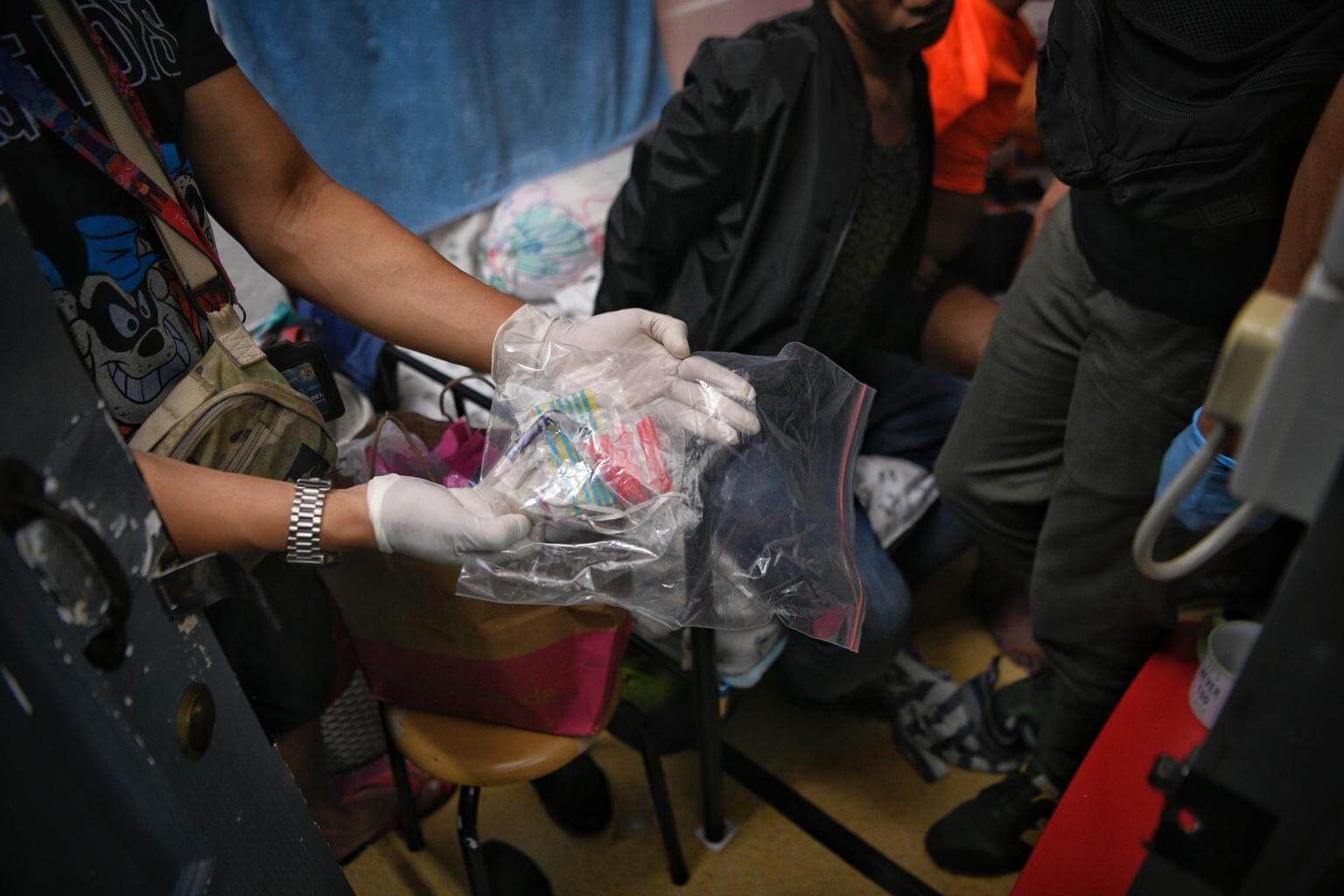Singapore ambassador to US defends Republic's drug policy in letter to Washington Post
Sign up now: Get ST's newsletters delivered to your inbox

Central Narcotics Bureau officers on a raid in January 2018. Singapore is one of the few countries keeping drug abuse under control, said Singapore's ambassador to US Ashok Kumar Mirpuri.
ST PHOTO: MARK CHEONG
SINGAPORE - Singapore's ambassador to the United States Ashok Kumar Mirpuri has defended the country's anti-drug policy and death penalty stance in a letter to The Washington Post, which addressed it in a recent article.
Mr Ashok said that Singapore's anti-drug strategy has worked well and the country has one of the lowest rates of drug abuse in the world, in a letter dated Sunday (March 11).
"Singapore does not take joy in the death penalty. But Singaporeans understand the need for it and strongly support it," he added.
He was responding to The Washington Post's article on March 1 on President Donald Trump's suggestion at a summit that executing drug dealers could help end the country's opioids epidemic.
Written by Washington-correspondent Katie Zezima, the article said Mr Trump was keen to make trafficking large quantities of the fentanyl drug a capital crime due to its potential to kill many.
Mr Trump had also privately expressed interest in Singapore's policy of executing drug dealers, it said.
The article also quoted University of Washington psychiatry professor Andrew Saxon, who said America had unsuccessfully tried enforcement and a total ban in its war on drugs. He added that he was completely opposed to the death penalty.
In response, Mr Ashok wrote that Singapore is one of the few countries keeping drug abuse under control.
To prevent drug abuse, Singapore educates youth and the public on the dangers of drug abuse, runs rehabilitation and reintegration programmes for abusers, and has tough laws against drug sales and consumption backed by stiff penalties.
He noted that Singapore has 30 opiate abusers per 100,000 people, compared with 600 in the United States.
In the 1990s, Singapore arrested more than 6,000 drug abusers annually but by 2016, this number had gone down to about 3,000, said Mr Ashok.
In contrast, 64,000 died from drug overdoses in the United States in 2016.
He also addressed Singapore's death penalty, saying: "Any suggestion that Singapore's judicial process is 'shrouded in secrecy and misinformation' is inaccurate."
This is because cases are tried in open court and are reported, he said. The death penalty is also imposed only for the most serious offences, including drug trafficking.
He added: "When expressing sympathy for drug traffickers, let us remember the immense harm drugs cause abusers and their families, especially children."


